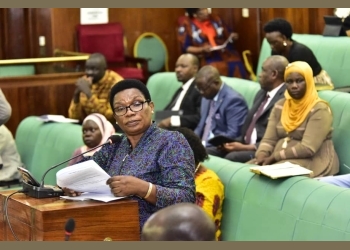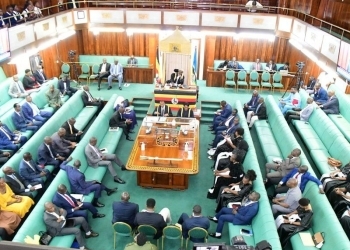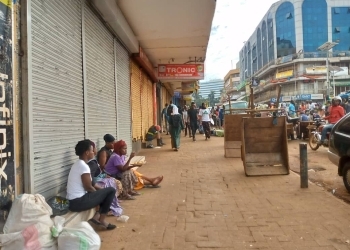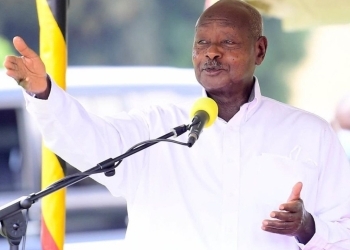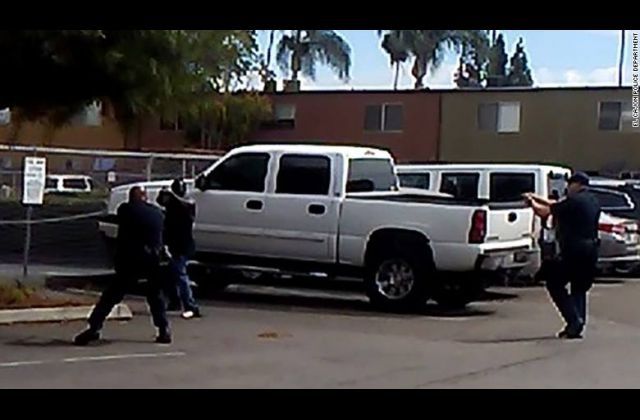
U.S. authorities claim to have twice tried to deport a black man who was fatally shot by police in a San Diego suburb this week, but efforts were frustrated by the Ugandan which refused to take him.
Alfred Olango, 38, was shot dead by police on Tuesday just a minute after they arrived at a strip mall in El Cajon to investigate a report of a mentally unstable man walking in and out of traffic. Police had been called by his sister who said he was having a nervous breakdown after the death of his friend.
His mother Pamela Benge insists Olango was not mentally ill.
A new development indicates that last year, Olango, who arrived in the United States as a refugee in 1991, was among those who committed crimes and was ordered deported by an immigration judge in 2002 following his conviction for transporting and selling narcotics, U.S. Immigration and Customs Enforcement told the AP on Thursday.
Also Read: The California Police Explains How and Why they shot a Ugandan man dead
However U.S authorities indicate that Uganda wouldn't take him back after multiple requests, leading to his release in 2003 under an order of supervision
Olango was later convicted on a weapons charge in Colorado, sentenced to nearly four years in prison and ordered to be deported in 2009 after his release, but Uganda again refused to issue travel documents allowing him to return.
Olango was then told to check in monthly with immigration authorities and did so until February 2015. By the time of his death, the deceased had stopped reporting to immigration authorities as required under terms of his freedom and it's unclear whether the government made any attempt to find him.
An explanation for why Olango remained in the country lies in a 2001 U.S. Supreme Court ruling that generally prohibits the detention of foreign nationals for more than six months if deportation is unlikely.
The nation's highest court said in the 5-4 decision that holding people indefinitely only because no country will take them violates the constitutional right to due process.
Immigration and Customs Enforcement spokeswoman Virginia Kice was unaware of any efforts to find him.
A message seeking comment from the Ugandan Embassy in Washington was not immediately returned.

